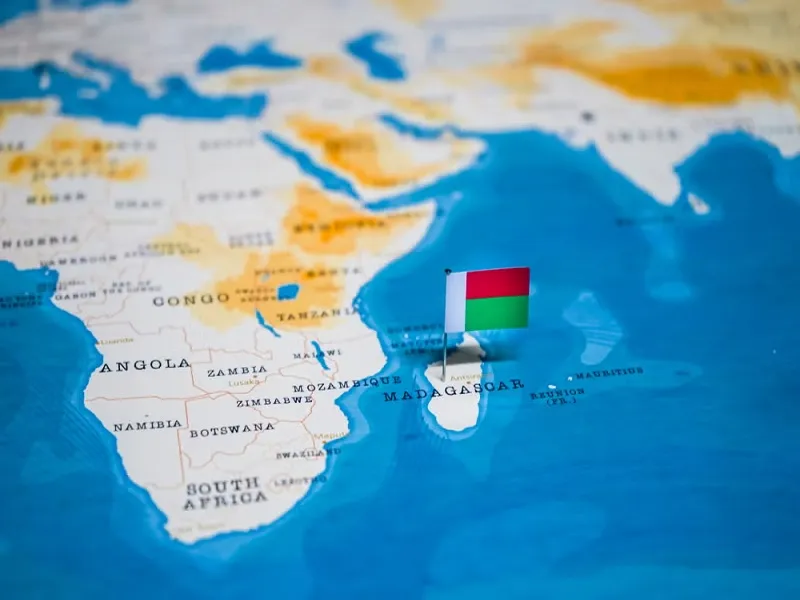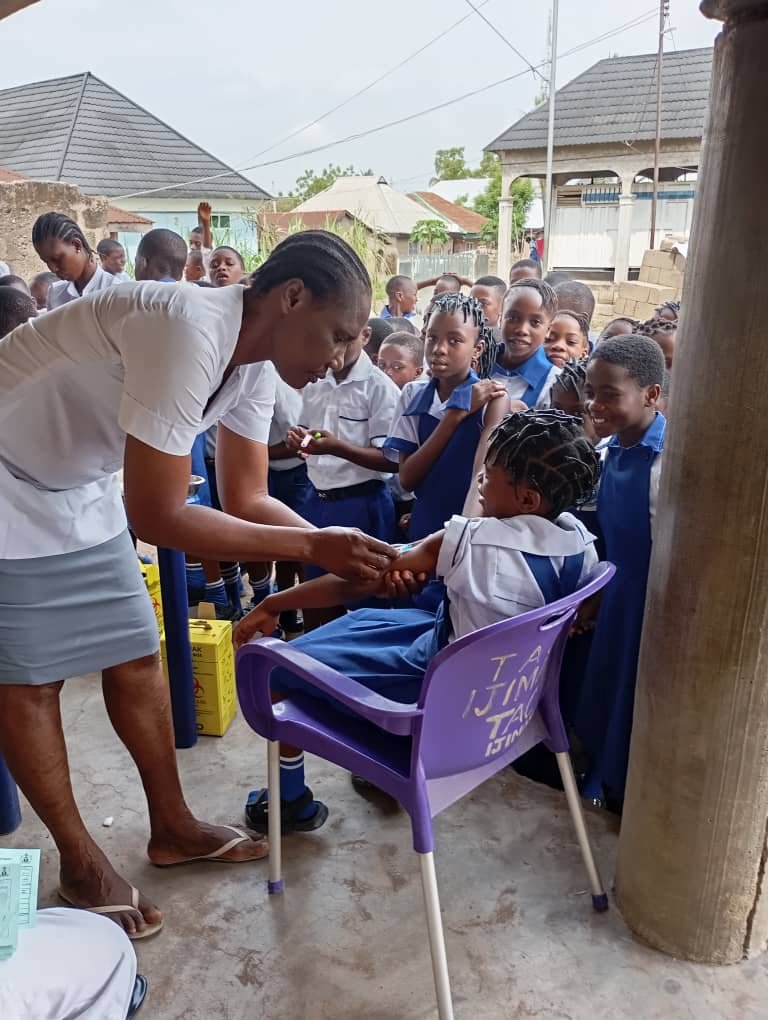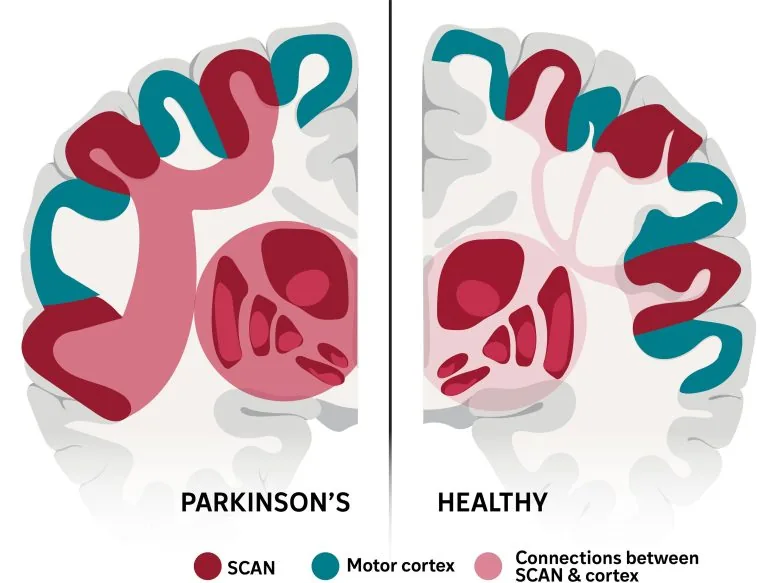CALABAR (CONVERSEER) – Health workers across several local government areas in Cross River State are battling dire conditions that undermine the delivery of primary healthcare services, a special report by TheInvestigator has revealed.
From leaky roofs and broken-down buildings to the absence of basic utilities, drugs, and medical equipment, these frontline workers continue to risk their lives to serve rural communities. Several of them, speaking under anonymity, said their motivation comes solely from a passion to save lives, not from any institutional support.
The investigation, which covered 14 facilities across Abi, Biase, Akpabuyo and Bakassi LGAs, found that none had functional laboratories, ambulances, oxygen, or stretchers. None had visiting doctors, pharmacists, or health records personnel either. Health posts often had only one staff member on duty.
Burgled, Forgotten, Still in Use
On a morning in January 2025, Mr Effiong Bassey, head of the Ikot Inwang Primary Healthcare Centre (PHC) in Bakassi, arrived at work to find his facility burgled. A digital blood pressure monitor had been stolen from the laboratory and replaced with stones. This is the second major attack on the centre following the #EndSARS protests in 2020, when the centre was vandalised and stripped of all essential equipment, including beds, chairs, drugs, and water facilities.
Despite receiving only new chairs and tables since then, the wards remain locked, the roof still leaks, and the health centre relies on a nearby stream for water. There is no electricity or functioning toilet.
Infrastructure in Ruins
In Ekureku 2, Abi LGA, Agbara Health Centre operates from a building with a sinking foundation, while the Esuk Idebe Health Post in Akpabuyo runs from a rented, one-room mud house lacking toilets, electricity, and basic drugs.
A similar situation exists at Ikot Anasua Health Post in Akpabuyo, where the facility, though modern, still lacks vital infrastructure and personnel.
READ ALSO: Biase emerges best LGA in Cross River
Each facility visited reported critical shortages of water, sanitation, health (WASH) facilities, medical supplies, and security. With zero ambulance services and no power supply, health workers rely on personal improvisation and local goodwill to save lives.
Voices from the Field
A senior Community Health Extension Worker (CHEW), Mr Stanley Uche, described his work environment as “terrible,” adding, “There’s no motivation other than our passion to save lives.” He lamented a lack of essential items like spirit, gloves, and neonatal resuscitation equipment.
Mrs Ndem Virginia, another health worker, called attention to the absence of good roads and transportation. “If we can get electricity, roads and routine doctor’s visits, grassroots healthcare will greatly improve,” she said.
Mr Sabastine Eno, employed over 20 years ago, said, “My labour ward is leaking; I don’t have a pharmacy, no toilet, no light, and no beds. These things scare patients.”
For Miss Juliet Abang, corruption is to blame. “If not corruption, I don’t know what is responsible… as far as we have politicians who are after personal gains, the health sector will not improve,” she said.
Community Outcry
Residents also shared their frustrations and called for government intervention.
Mrs Deborah Edet of Ikot Nakanda in Akpabuyo narrated how a health worker once successfully delivered a woman of her baby in a nearby compound due to the absence of functional facilities.
Mr Richard Enang, whose late father served as a CHEW in Ekureku 2, noted that after 20 years of service, there was no support system to manage the stroke that eventually took his father’s life.
Miss Emem Archibong in Nsidung, Bakassi, and Sandra Unoh in Etono Central, Biase, echoed calls for urgent government attention.
Stakeholders Alarmed
Health experts and civil society stakeholders have condemned the state of rural healthcare in Cross River.
Ben Usang, Coordinator of the Cross River State Civil Society Network, said the report was “disturbing.” He called on government at all levels to prioritise healthcare infrastructure in rural communities, stating that urban food security depends on the well-being of rural populations.
Felix Ukam, Executive Director of the Centre for Healthworks Development and Research Initiative (CHEDRES), affirmed the report’s findings, recommending short-term contracts for retired professionals, revitalisation of the CHEW system, and effective utilisation of the Basic Health Care Provision Fund. He emphasised incentives, training, and political will as key to lasting reform.
Political philosopher Dr Efio-Ita Nyok expressed surprise that no effort had been made to repair facilities destroyed during the #EndSARS protests. He questioned the impact of financial autonomy at the local government level, citing an “administrative vacuum” that leaves health priorities unaddressed.
“There is financial autonomy, yet no LGA chairman in Cross River has presented a public budget for health or infrastructure,” Nyok said. “This suggests a failure in governance and planning.”
Government Yet to Respond
When contacted for comment, Mr Kingsley Agim, Information Officer at the Cross River State Ministry of Health, promised to respond by Monday, 5 May 2025. As of press time, no response had been received.
The report calls on relevant authorities to immediately address the dismal conditions plaguing primary healthcare facilities in Cross River State. The lives of rural dwellers and the morale of committed health workers depend on it.




